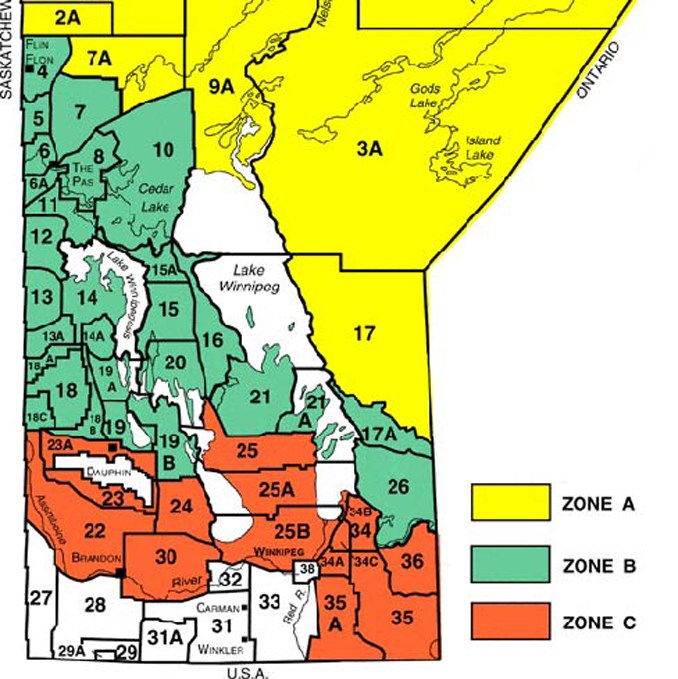This fall, a moratorium on Moose hunting has been extended for the Turtle Mountains and other areas of Manitoba.
The Manitoba government is enacting into law the Wildlife Amendment Act (Safe Hunting and Shared Management), which will protect Manitoba’s moose population and create a safer and more ethical hunting environment, Agriculture and Resource Development Minister Blaine Pedersen and Conservation and Climate Minister Sarah Guillemard announced last week.
“Our government’s number-one concern will always be protecting Manitobans, and that is why this legislation carefully balances Indigenous hunting rights with public safety,” said Pedersen.
In 2011, Manitoba announced conservation closures in the Duck and Porcupine Mountain areas and in Game Hunting Areas (GHA) 12, 13, 13a, 14, 14A, 18, 18B and 18C due to challenges facing moose population in those areas. Closures are also in place in the north Interlake region (GHA 21 and 21A), the Nopiming area (part of GHA 26) and the Turtle Mountain area (GHA 29 and 29A).
Despite these conservation closures, the moose population has not recovered to historic levels in those areas due to illegal hunting pressures and natural causes. As a result, the province will extend the moratorium by a year, pausing a limited interim hunting season that had been proposed for 2020 in the Duck and Porcupine Mountain areas.
In addition to human impacts, parasites, disease, habitat, predation and climate change have impacted moose populations. The province’s Wildlife and Fisheries Branch has developed a document, Hard to Be a Moose in a Changing World, which examines these impacts.
SHARED MANAGEMENT
As part of the proclamation of the act, Manitoba will have the authority to establish shared management committees to provide recommendations for the conservation and management of wildlife in specific areas. Indigenous representatives must comprise at least 50 per cent of every shared management committee, and the committees must also include hunters, outfitters and local land owners. The government will consider advice from this committee regarding reopening areas to hunting when the moose population rebounds.
To protect Manitobans and address the public safety risks of illegal and unethical hunting, the province is prohibiting night hunting effective Saturday, Oct. 10. Night hunting will be unlawful in Manitoba for all licensed hunters and on private land.
NIGHT HUNTING
However, the province is also announcing the implementation of a permit system to allow opportunities for rights-based hunting on some Crown land, and is putting in place different requirements for northern and southern Manitoba, based on extensive Crown-Indigenous consultations that contributed to the development of this legislation.
In northern Manitoba, Indigenous hunters may hunt on Crown land and do not need to apply for a permit, though night hunting by rights holders is prohibited near occupied sites and roadways for safety reasons.
In southern Manitoba, night hunting is banned except with a permit that allows rights-based hunting on Crown land, subject to terms and conditions establishing where it can be done safely.
“Those who hunt at night must follow all other requirements including not to hunt dangerously,” said Pedersen.
Permit applications and the document Hard to Be a Moose in a Changing World are available at https://gov.mb.ca/fish-wildlife/wildlife/index.html.
“There are critical safety concerns for both Manitobans and moose that we must consider, so we are ramping up our enforcement efforts in these areas to ensure the safety of all Manitobans,” said
Guillemard. “Conservation officers will continue to prioritize enforcement against illegal night hunting, including with night-time flights, and a reallocation of resources to address key areas of concern.”




